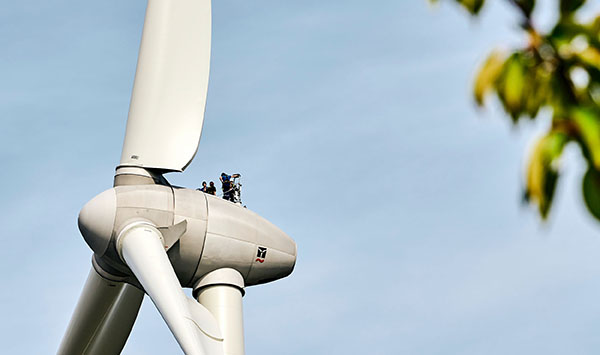Connected for COP26
Working together to combat climate change
The Science Council is celebrating and recognising the collaborative effort of our members to address issues surrounding climate change in our latest Connected for COP26 Campaign.
Securing global net zero by mid-century and limiting global temperature rise to 1.5 degrees requires huge collaboration and connected thinking.
In the lead up to COP26, held for the first time in the UK this November, we’ve put together stories from a variety of disciplines to showcase the outstanding contribution of scientists and science technicians working on the latest research for a greener future.
What is COP26?
COP26 represents the 26th conference of the parties under the United Nations Framework Convention on Climate Change, held at Glasgow in November 2021.
To keep the temperature of the planet under control – limiting climate increase to 1.5 degrees requires us to be producing less carbon than we take out of the atmosphere – this is what reaching ‘net zero’ means.
COP26 will represent a pivotal moment for world leaders to generate the next steps towards protecting and restoring critical ecosystems and transitioning to more sustainable ways of life.
The conference will focus broadly on four main goals:
- Securing global net zero
- Adapting to protect communities and habitats
- Mobilising finance
- Working together
The Science Council has put together a blog series, celebrating the work of members from a variety of disciplines and showcasing their efforts to address climate change in recognition to each of the four goals. Click here to read the full series.
Want to get more connected to COP?
Learn more about COP26 and brush up on your climate change knowledge by reading our Jargon Buster!
Read the stories
Our blog series #Connected4COP26 showcases how scientists are contributing to the COP26 goals and to global climate change mitigation efforts.
Click on a goal to find out more and to read the stories:

